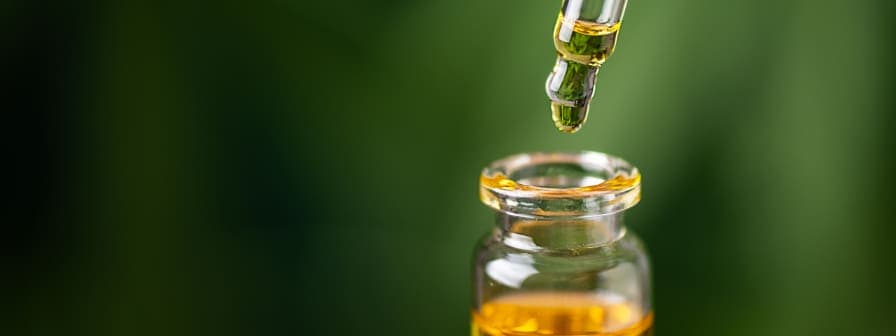Is CBD legal in all 50 U.S. states?

Article written by

Zachary Levin JDIn-House Counsel
Cannabidiol (CBD) is a nonintoxicating compound found in the cannabis plant. Many people use CBD products to help:
CBD doesn’t cause intoxication, and the laws around its use differ from other cannabis laws. Find out if CBD is legal in your state and if there are any restrictions around buying and selling it.
Is CBD legal in all states?
Hemp-derived CBD products are federally legal, which means that most states allow CBD in some form.
That said, the Food and Drug Administration (FDA) restricts how CBD can be marketed and sold, especially in food, beverages, and dietary supplements.
States can also set their own restrictions on how CBD products are sold, purchased, possessed, or consumed. Some states have placed more strict regulations on CBD, while other states’ CBD laws are still evolving.
CBD from hemp vs. marijuana
Hemp is a type of cannabis plant that’s rich in CBD and low in tetrahydrocannabinol (THC), which is intoxicating. Under federal law, only hemp-derived CBD is legal to purchase, possess, and consume.
Marijuana is a type of cannabis plant that has higher levels of THC, with variable amounts of CBD. Marijuana-derived CBD is federally illegal, but it’s usually legal in states that have medical or recreational cannabis programs.
By law, hemp-derived CBD products must contain no more than 0.3% THC.
Which states restrict CBD?
As of 2025, only Idaho and Kansas have restrictions on hemp-derived CBD products, requiring that they contain 0% THC.
Other states have restrictions around certain CBD product types. For example, all inhalable hemp products, including CBD flower and vaporizers, are illegal in Louisiana, where it’s also illegal to sell hemp products at gas stations.
Regulations on CBD are actively evolving, so it’s best to stay up to date on your state’s laws if you use CBD products.
Is full-spectrum CBD legal in all states?
Full-spectrum CBD products contain extracts from the entire hemp plant, including its cannabinoids, terpenes, and flavonoids.
Any CBD product type can be full-spectrum, including:
- Edibles
- Vaporizers
- Tincture
- Topicals
Full-spectrum CBD products naturally contain 0.3% THC or less, which makes these products federally legal. They are legal in all states but Idaho and Kansas, where products must contain 0% THC.
Alternatives to full-spectrum CBD include:
- Broad-spectrum CBD: This is an extract that contains all naturally occurring hemp compounds except THC, which has been removed.
- CBD isolate: This is a pure CBD extract that contains no other compounds.
Is it legal to possess CBD?
It’s legal to possess CBD products as long as they:
- Are derived from hemp
- Contain 0.3% or less THC, except in Idaho and Kansas, where CBD products must contain 0% THC
There are no federal limits on the legal possession of legally compliant CBD products.
Is it legal to sell CBD?
Federal law allows states to set their own rules for selling CBD. In most cases, anyone who wants to sell CBD must get a state-issued license.
Selling CBD without a proper state license may be considered a crime and can lead to criminal charges.
The bottom line: CBD is legal in all 50 states, with some restrictions
CBD products are federally legal in the United States if they are made from hemp and contain 0.3% THC or less.
The two states that restrict CBD are Idaho and Kansas, where CBD products must contain 0% THC.
To learn more about using CBD for your health needs, speak with a Leafwell telepharmacist.
Resources
- Hemp frequently asked questions. https://agri.idaho.gov/fsma-hemp-hops/hemp/frequently-asked-questions/
- H.R. 5485 – Hemp Farming Act of 2018. https://www.congress.gov/bill/115th-congress/house-bill/5485
- Is CBD oil legal in Kansas? https://kansasstatecannabis.org/cbd#whatarekansascbdlawsin2025
Get your medical marijuana card
Frequently asked questions
Read on to learn more about CBD laws.


